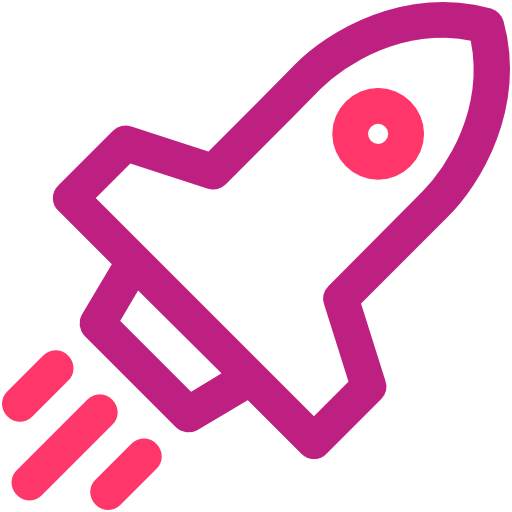The Essential Role of a Mental Health Coordinator in 2024
In 2024, the demand for mental health coordinators is higher than ever. These professionals play a pivotal role in bridging gaps between patients and mental health services, ensuring that individuals receive the support they need. Their expertise is vital for improving community mental health outcomes.
What Does a Mental Health Coordinator Do?
- Facilitates communication between healthcare providers and patients.
- Develops and implements mental health programs.
- Coordinates care plans tailored to individual needs.
- Educates the community about mental health resources.
A mental health coordinator acts as a liaison between various stakeholders, ensuring that patients have access to appropriate services. When I first learned about this role, I was surprised by how much impact one person could have on a community’s mental health.
Skills Required for a Mental Health Coordinator
- Excellent communication skills for effective interaction.
- Strong organizational abilities to manage multiple cases.
- Empathy and understanding to support patients.
- Knowledge of mental health issues and resources.
These skills are crucial for anyone aspiring to become a mental health coordinator. You need to be able to juggle many responsibilities while maintaining a compassionate approach. Honestly, I’ve seen how a good coordinator can change lives.
Why Are Mental Health Coordinators Important?
- They enhance access to mental health services.
- They reduce stigma surrounding mental health issues.
- They foster collaboration among different healthcare providers.
- They help in early intervention and crisis management.
The role of a mental health coordinator is not just about managing services; it’s about creating a supportive environment. Did you know that communities with dedicated mental health coordinators see better health outcomes? It’s a game changer!
How to Become a Mental Health Coordinator
- Obtain a relevant degree in psychology, social work, or counseling.
- Gain experience in mental health settings.
- Consider certifications in mental health coordination.
- Network with professionals in the field.
Becoming a mental health coordinator requires dedication and a genuine passion for helping others. When I began my journey, I never imagined how fulfilling this path would be. If you’re considering this career, know that your work can truly make a difference.
Tools and Resources for Mental Health Coordinators
- Case management software for tracking patient progress.
- Online platforms for teletherapy and remote counseling.
- Training resources for continued education.
- Books on mental health best practices.
Using the right tools makes a significant difference in how effectively a mental health coordinator can perform their duties. For instance, I recommend checking out this essential book on mental health practices that has helped many in the field.
Conclusion
In summary, mental health coordinators are vital in enhancing community mental health. They provide essential support, improve access to services, and foster collaboration among healthcare providers. If you’re considering a career in this field, take the first step today!
Are you ready to make a difference in mental health? Explore educational programs and connect with professionals to start your journey!
Note: As an Amazon Associate, I earn from qualifying purchases.
